Over the past few years, Europe has produced a variety of sector- and content- specific rules to tackle different illegalities in the online space. Recent initiative such as the Audiovisual Media Services Directive, the Copyright Directive and the Regulation on addressing the dissemination of Terrorist Content Online (to name a few) all introduce new rules for content moderation, for a mixture of different online service providers. Coupled with ongoing regulation at national level, the landscape of rules for service providers has become increasingly complex.
In January 2020, DOT Europe published the “Online Responsibility Framework”: a proposal to address this complexity, drawing on members’ extensive experience with content moderation and insights into the evolving nature of technology and EU citizens’ relation to it.
The “Online Responsibility Framework” puts forward a vision for a new European regime to help all stakeholders to better tackle illegalities online. In this paper, DOT Europe has proactively examined how Europe can establish a horizontal baseline for responsible behaviour in the online ecosystem – separating out the concept of responsibility from that of liability, and looking at how service providers can better address illegalities at a systemic level, with enhanced oversight and cooperation amongst all stakeholders in the content chain.
Below you can find DOT Europe’s Online Responsibility Framework, as well as a number of papers which expand on the different concepts therein. DOT Europe views this horizontal framework as a real opportunity for Europe to set the scene for content moderation in the years to come, and we look forward to working with the EU and various stakeholders to pursue this goal in the Digital Services Act.

